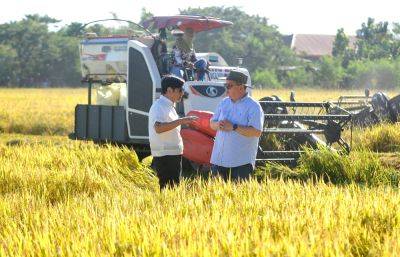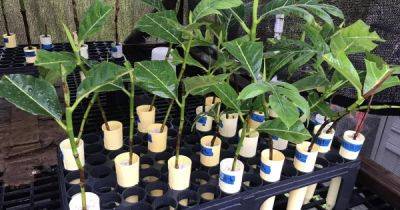Seaweed: food solution post-nuclear war
A NEW study about the potential of seaweed as a resilient food source was published in the scientific journal «Earth's Future» by a team of researchers from the Alliance to Feed the Earth in Disasters (Allfed), Louisiana State University, University of the Philippines Diliman Marine Science Institute (UP MSI) and the University of Canterbury.
Researchers have discovered that seaweed can be a crucial pillar for food security in the context of abrupt sunlight reduction scenarios, as seen in scenarios like nuclear winter. Surprisingly, seaweed is resilient in adverse conditions, so its growth and potential to enhance food security increases after more severe nuclear conflicts.
Using an empirical model based on the seaweed Gracilaria tikvahiae, in combination with nuclear winter climate data, the researchers simulated global seaweed growth. The results demonstrate that seaweed has the capacity to be cultivated in tropical oceans even after a major nuclear war between Russia and the United States.
Such a war would deliver 150 Tg (glass transition temperature) of black carbon to the atmosphere and could block out the sunlight for years but enough to drive photosynthesis. This scenario leads to increased vertical mixing and decreased phytoplankton production, providing more nutrients to the seaweed.
Previous studies show that agriculture and fisheries production would plummet, so alternative food sources like seaweed will be critical in ensuring good security in sunlight reduction scenarios. Ocean modeler professor Cheryl Harrison from the Louisiana State University mentioned the seeming inevitability of crises like nuclear war and large volcanic eruptions. Her advice: "… we need to be ready. Because the ocean does not cool as rapidly as land, marine aquaculture is a very good option."
Seaweed can be quickly scaled up to meet a substantial portion of global food application demand, reaching about 70 percent within just seven to 13 months. Most of this can be used for animal feed and biofuel, as human consumption is limited to 10 to 15 percent due to the high iodine content in seaweed, which could cause adverse health effects.
Seaweed farming
Researchers also suggest







